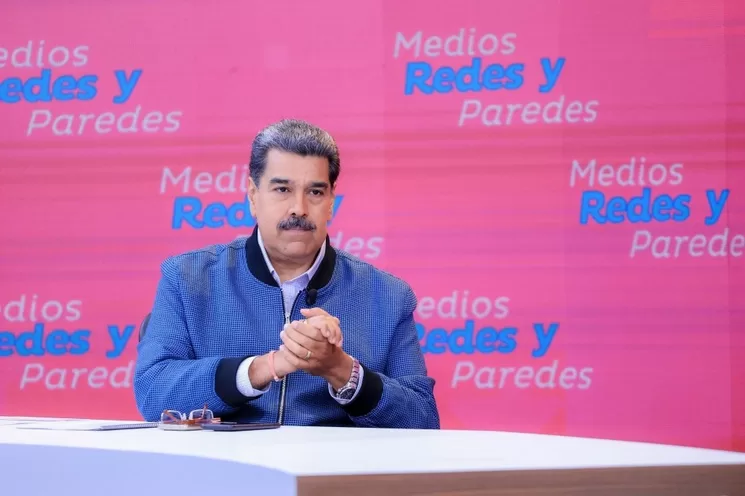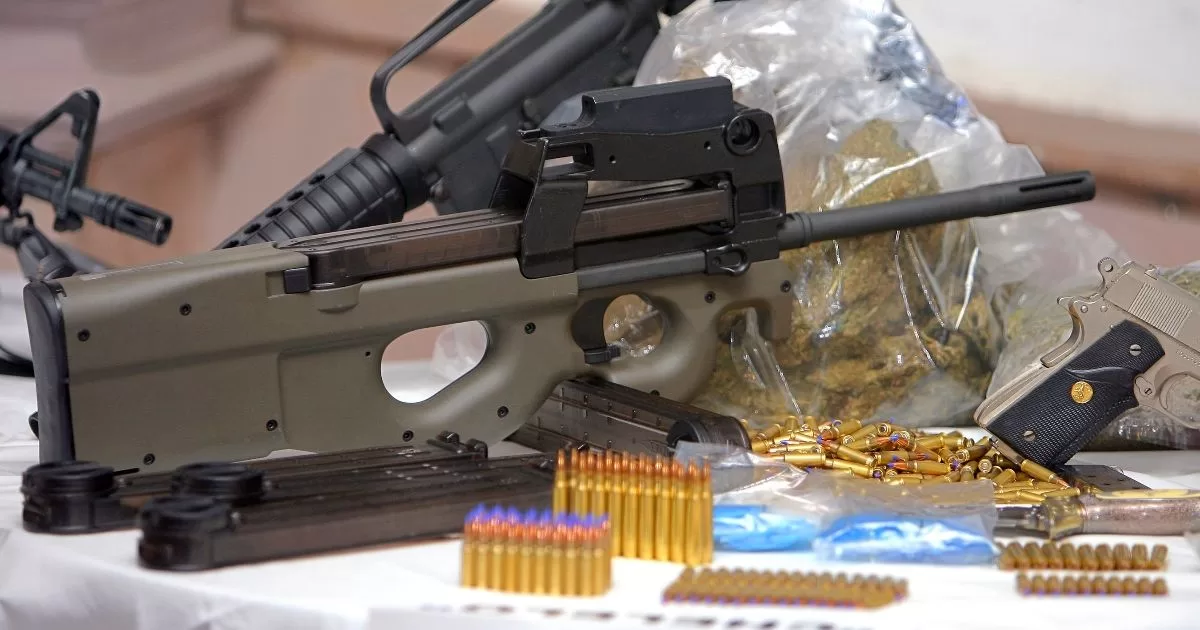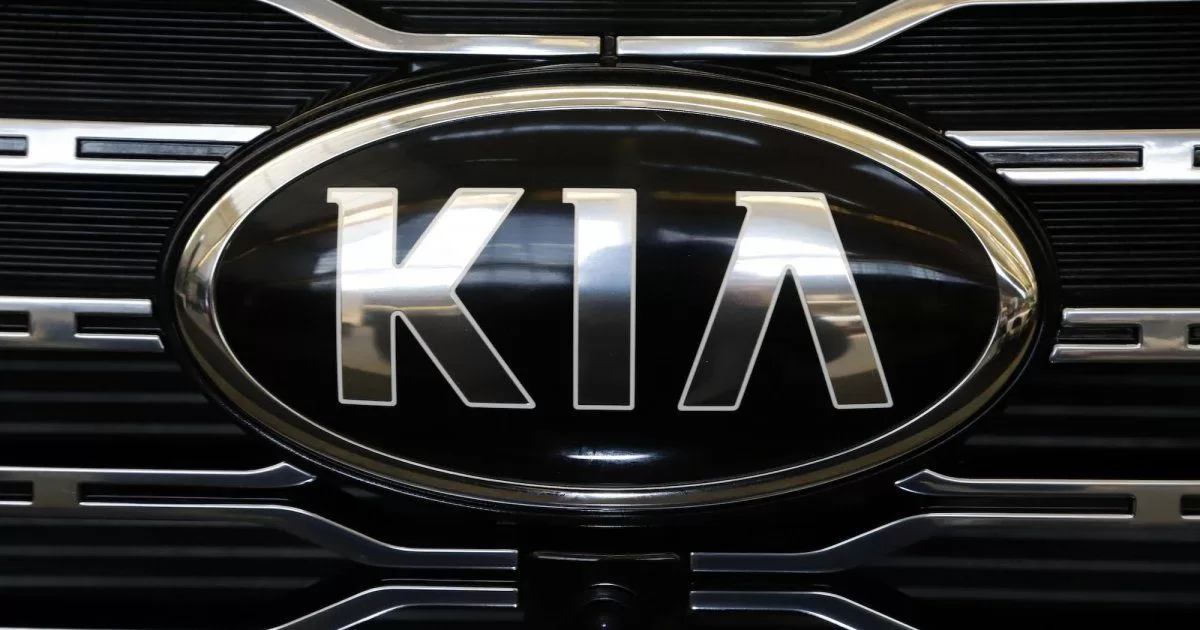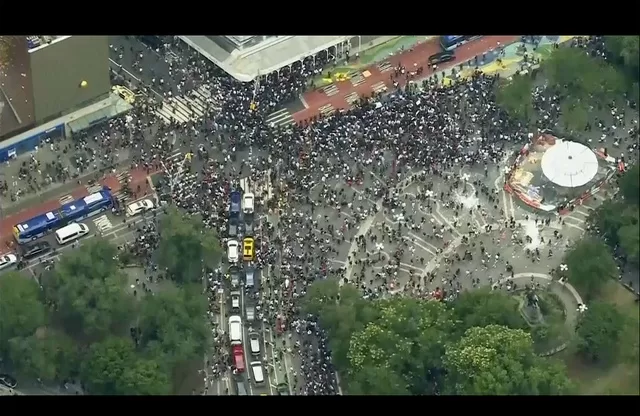The Economic Community of West African States (ECOWAS) held a summit on Thursday to address the response to the coup d’état on July 26 in Niger. In typical diplomatic language, he declared that “all actions are on the table,” including the activation of the Rapid Deployment Force, which, despite its name, would take time to activate. The body decided to opt in the final communiqué for dialogue with the military junta to redress the situation.
With the tension cooled for the moment, it is time to make a brief analysis of the situation in the Sahel. This immense area —which goes from the Atlantic coast to the Red Sea and includes, for some analysts, the Great Lakes region and Somalia— matters to Spain and Europe because of its proximity, because they are the neighbors of our neighbors.
The region’s instability is largely explained by the dispute over scarce water resources and the depletion of pastures, factors that exacerbate tensions between sedentary farmers and transhumant cattle-raising ethnic groups. Added to this is the extraordinary demographic growth and the consequent precariousness of its young people, with no other way out than informal work, the very dangerous emigration to Europe or joining jihadist groups. In this sense, Islamic fundamentalism would not be the main trigger of this instability, but rather an imported factor.
In this context, the extreme fragility of the States of the Sahel is added. Some, like Sudan, South Sudan or Ethiopia, immersed in their own civil wars. And others, with the self-styled “salvation” military juntas, incapable of resolving the internal problems that supposedly forced to seize power. This cocktail of factors offers the ideal conditions for a failed region scenario.
And what is the response from non-African actors? France, the former colonial power, neither wants nor can get more involved in the region, beyond protecting and expatriating its citizens or Europeans. Especially at a time when the war in Ukraine has focused its attention on Europe. And much less when she knows that she is not going to obtain any economic benefit, but an overload and diversion of resources in her already large defense budget. As President Emmanuel Macron has said, France seeks to “communitarianize” its defense engagement with African allies in the region.
Another relevant actor in the region is the European Union, which has the crisis missions EUCAP-Mali (extended until 2025), EUCAP-Niger and the new Military Cooperation Mission to Support Niger-EUMPM (extended until 2024, for the future uncertain). Intelligently, the Europeans are betting on the diplomatic channel for the stabilization of the area. The same can be said of the United States, which has chosen a low profile through negotiations to try to redirect the situation in Niger or, at least, lessen its effects in the region.
Join EL PAÍS to follow all the news and read without limits.
subscribe
It remains to discern the role of the Russian Federation. In his confrontation with the West, President Vladimir Putin has found an unexpected gift: nothing less than the opening of a second front in the “underbelly of Europe” (recalling the terminology of World War II). Meanwhile, Europe is forced to allocate economic resources, diplomatic efforts and even media attention to what is happening there. The geopolitical vacuum left by the West is being filled by the Kremlin. Wagner’s Russian mercenaries present themselves as the spearhead of what they call stabilization “special military operations”. But they are nothing more than the praetorian guard of the new dictators. Of course, enormously valuable for them, since it is assumed that they are not tempted to carry out coups d’état against those who hire them.
The latest events in the Sahel are leading to a reconfiguration of forces in the region. Mali, Burkina Faso and Guinea support the military junta in Niger, while the Ivory Coast, Togo, Benin and Nigeria, in principle, would be closer to military intervention. The division could lead to the tearing apart or disappearance of Cedeao. Nigeria’s hegemonic role in this organization is decisive, since it is essential for that country to continue being the regional power both in the Gulf of Guinea and in the Sahel. In addition, its president, Bola Tinubu, has to deal with the internal response to the intervention, for which he has declared that diplomacy must be the priority to resolve the crisis in Niger.
Follow all the international information on Facebook and Twitteror in our weekly newsletter.
Subscribe to continue reading
Read without limits






